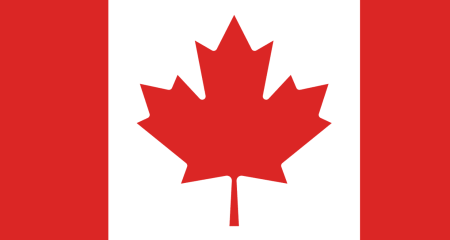
The Canadian Senate voted Thursday, April 27, an “online streaming law” which creates a legal framework to regulate platforms such as Netflix, YouTube or Spotify and will oblige them to contribute financially to “the creation, production and distribution” Canadian content such as TV shows, series or music, but also to promote it. They must “clearly promote and recommend Canadian programming, in both official languages as well as in Aboriginal languages,” the law specifies.
This law, long promised by the government of Justin Trudeau and debated for nearly 18 months, received royal assent in the evening, the last step required to be promulgated. It gives more power to the Canadian Radio-television and Telecommunications Commission (CRTC) to compel the giants of the web to follow the same rules as the Canadian media at the risk of being financially sanctioned. Pablo Rodriguez, Minister of Heritage who brought the bill, should announce the specific directives he will give to the CRTC in the coming weeks.
If the government thus intends to " level the playing field and support Canadian creators by increasing investment in Canadian culture", according to a press release, the Conservative opposition sees it as an attack on freedom of expression on the Internet. Some fear that its lack of precision in the definition of the actors concerned could lead to regulating the people who publish amateur content on the web. YouTube has launched an online campaign arguing that the new law could require it to offer “content that a Canadian government regulator has deemed a priority, rather than content that interests” its users. The Minister of Heritage has however declared on several occasions that independent creators of podcasts or videos, for example, would not be affected.
The new Canadian law is part of a set of measures taken by the Liberal government to better regulate web giants. Parliament is currently considering a bill that would require them to pay a license fee when they use Canadian media content.

